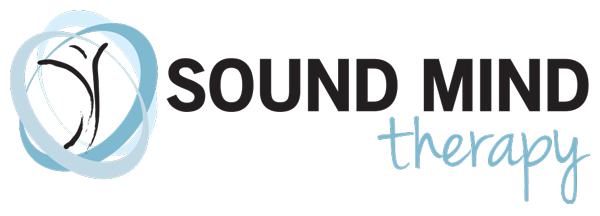The Quiet Power of Knowing by Susie Berg
A client sat across from me recently, voicing what so many of us carry quietly:
“I’m still overthinking everything. I compare myself to others. I’m hard on myself. My happiness seems tangled up with how others feel.”
These struggles don’t come out of nowhere. They’re often imprints, old conditionings absorbed from family, culture, or early experiences. They run quietly in the background, shaping how we think, relate, and decide, often without our conscious awareness or permission. When left unexamined, these inherited beliefs become the loud soundtrack of our lives.
Many of these imprinted narratives sound painfully familiar:
- People who are rich, thin, or beautiful are happier than me.
- I’m not good enough.
- I’m responsible to fix everyone else’s problems.
- As a parent, I have to manage everything my kids do so they don’t screw up.
- I people-please to fit in and be accepted.
These beliefs feel true because they were absorbed early, repeated often, and rooted in fear, longing, or survival. But feeling something is true and it actually being true are not the same. These aren’t facts, they’re perceptions from a time when we didn’t have the power or safety to question them.
And yet, beneath the noise of conditioning, there is something else, something quieter and wiser.
When someone says, “I know,” they are touching something deeper than their fear-based thinking. That phrase is often a clue, a resonance that comes from the authentic self. And those knowings tend to sound different:
- I know people have value.
- I know things will work out.
- I know I should have trusted my gut.
Notice the tone. These truths are strong yet soft. They don’t come from comparison or fear; they arise from intuition, wisdom, and alignment. They don’t tighten the body, they relax it, because they are in tune with our well-being.
Just as telling is the phrase “I don’t know.” When someone says, “I don’t know,” it doesn’t mean the wisdom isn’t there, it just means they haven’t accessed it yet. Often, when we say, “I don’t know”, it serves as a pause, a fog created by fear, overwhelm, or the imprint’s voice speaking louder than truth. The knowing hasn’t disappeared; it’s simply obscured. Instead of treating “I don’t know” as a dead end, we can meet it with curiosity: What might I know beneath the noise? What truth have I not allowed myself to hear yet? Turning inward, rather than outward, is how we begin to access the quiet clarity that already lives within us.
Part of exploration is learning to recognize the difference between an imprint and a knowing, not by arguing with ourselves, but by noticing which voice feels more nurturing, the one that moves us toward fear and pressure, or the one that moves us toward peace and love.
It also helps to remember that even our most sabotaging habits once served a purpose. Behaviors, even the destructive ones, are usually reactions to unmet needs sourced in pain, or fear. Getting curious about the why matters far more than judging the what.
Take emotional eating, for example. Food can create the illusion of relief by soothing the loneliness or numbing the discomfort, but it obviously can’t fill the void or resolve the hurt, pain, or disconnection sourced beneath it. It’s important to understand, the behavior itself isn’t the enemy rather it’s a signal that needs exploring. When we ask, “What am I hungry for? we address the source of pain instead of beating ourselves up for the misunderstood coping strategy.
The same strategy can be used for people-pleasing, perfectionism, control, comparison, or caretaking. These didn’t appear because we’re weak. They appeared because, at one time, they helped us feel safe, accepted, or less alone.
Using curiosity, compassion and empathy, not self-criticism are what allow us to untangle them.
When we begin to understand the unmet needs beneath our patterns, we create room for new choices: comfort that truly soothes, boundaries that protect, connection that supports, and self-talk that is kind and not borrowed from the immense shame we carry from the past.
The work isn’t about fixing what’s wrong with us, it’s about returning to what’s always been right within us.
The imprints may be loud, but the quiet power of knowing is wiser and waiting to be trusted.
If you want to explore more about the power of knowing and how it can change your life, please visit our website at https://www.soundmindtherapy.com/ or reach out for more information at 314-948-5307.
